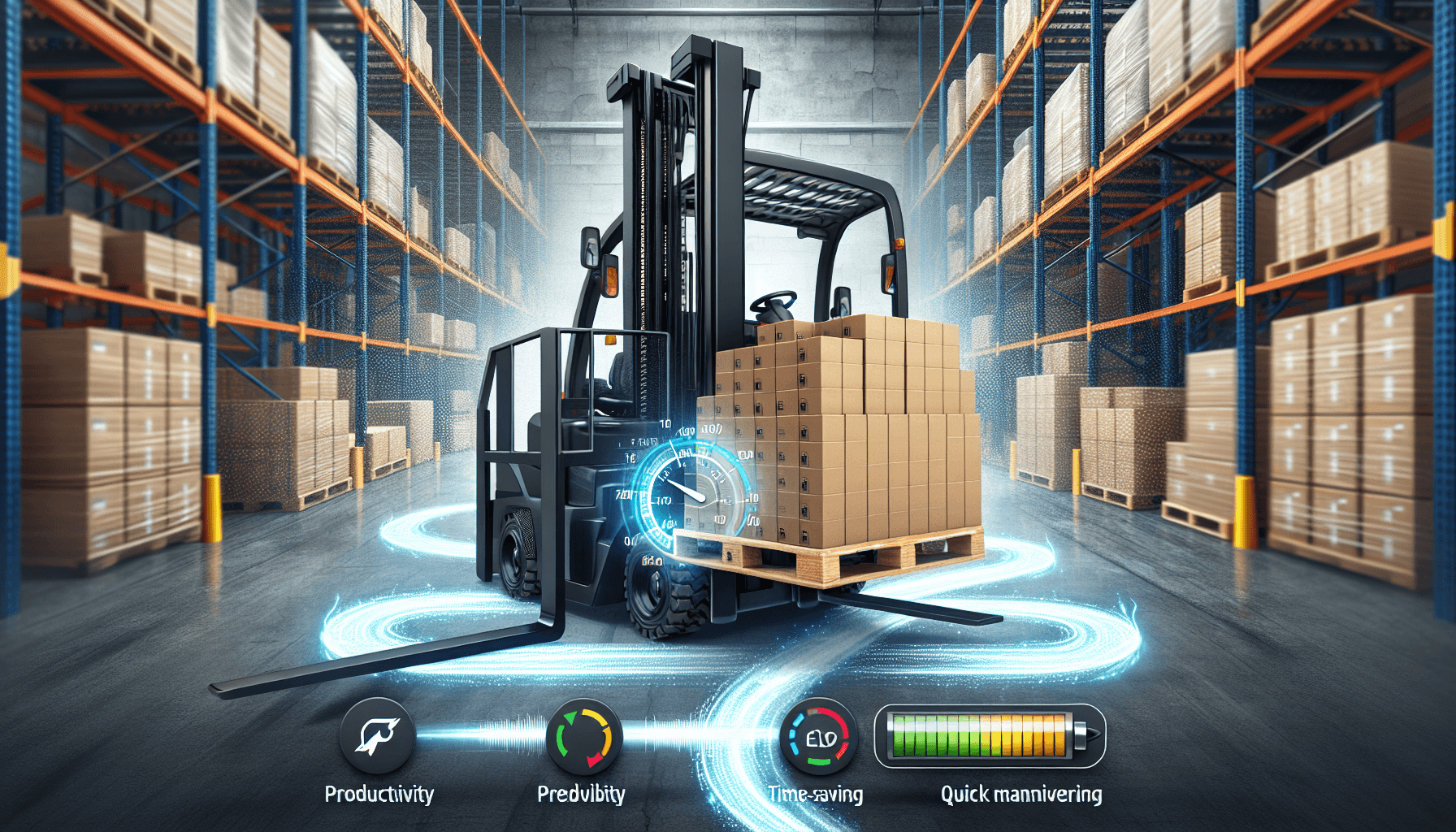When it comes to warehouse operations, efficiency and productivity are key factors that can significantly impact the overall success of a business. One crucial aspect of warehouse operations is the use of forklifts, which play a vital role in material handling and logistics. A key factor that can greatly enhance the performance of forklifts is the concept of power flexibility.
The Importance of Power Flexibility for Forklifts
Power flexibility refers to the ability of forklifts to adapt to different power sources and modes of operation. Traditionally, forklifts have relied on internal combustion engines powered by fossil fuels. However, with increasing environmental concerns and the shift towards sustainability, there has been a growing demand for alternative power options.
One of the primary benefits of power flexibility is the ability to switch between different power sources based on specific needs and circumstances. This versatility allows warehouse operators to optimize their forklift fleet’s performance, efficiency, and cost-effectiveness. Let’s explore some of the key benefits of forklift power flexibility:
1. Reduced Environmental Impact
By incorporating power flexibility into forklift operations, businesses can significantly reduce their environmental impact. Switching to alternative power options such as electric or hybrid forklifts can help decrease greenhouse gas emissions, reduce air pollution, and minimize noise pollution within the warehouse environment. This not only demonstrates a commitment to sustainable practices but also helps comply with environmental regulations.
2. Lower Operational Costs
Forklift power flexibility can lead to lower operational costs in a few ways. First, electric forklifts generally have lower operating costs compared to internal combustion forklifts. They require less maintenance, have fewer parts to replace, and don’t require fuel purchases. Second, with power flexibility, warehouse operators can take advantage of off-peak electricity rates, allowing them to charge their electric forklifts at a lower cost. This can result in significant savings over time.
Click here to learn more about forklift fleet power management and how HCO Innovations can help optimize your warehouse operations.
3. Improved Safety and Productivity
Incorporating power flexibility into forklift operations can also lead to improved safety and productivity within the warehouse. Electric forklifts, for example, produce zero emissions, creating a cleaner and healthier working environment for employees. Additionally, they operate more quietly than internal combustion forklifts, reducing noise-related risks and improving communication on the warehouse floor.
Moreover, electric forklifts are often equipped with advanced features such as regenerative braking, which helps recharge the battery while decelerating or braking. This not only extends the battery life but also reduces downtime as operators don’t have to frequently stop for refueling. These benefits contribute to improved overall operational efficiency and increased productivity.
4. Flexibility for Changing Needs
Warehouse operations are dynamic, and the needs and demands of the business can change over time. Power flexibility allows warehouse operators to adapt to evolving requirements more easily. For example, if a business expands its operations or implements new processes that require longer operating hours, having the ability to switch to electric forklifts can ensure continuous operations without interruptions due to fuel refueling or emissions restrictions.
In addition, power flexibility also enables compatibility with charging infrastructure advancements. As charging technology continues to evolve, forklifts with power flexibility capabilities can easily adapt to different charging options, such as fast-charging or opportunity charging, depending on the specific needs of the warehouse.
Conclusion
Forklift power flexibility is a game-changer in modern warehouse operations, providing businesses with numerous benefits, including reduced environmental impact, lower operational costs, improved safety and productivity, and flexibility for changing needs. By embracing power flexibility and exploring alternative power options, warehouse operators can optimize their operations, enhance efficiency, and stay ahead in an ever-evolving industry.

